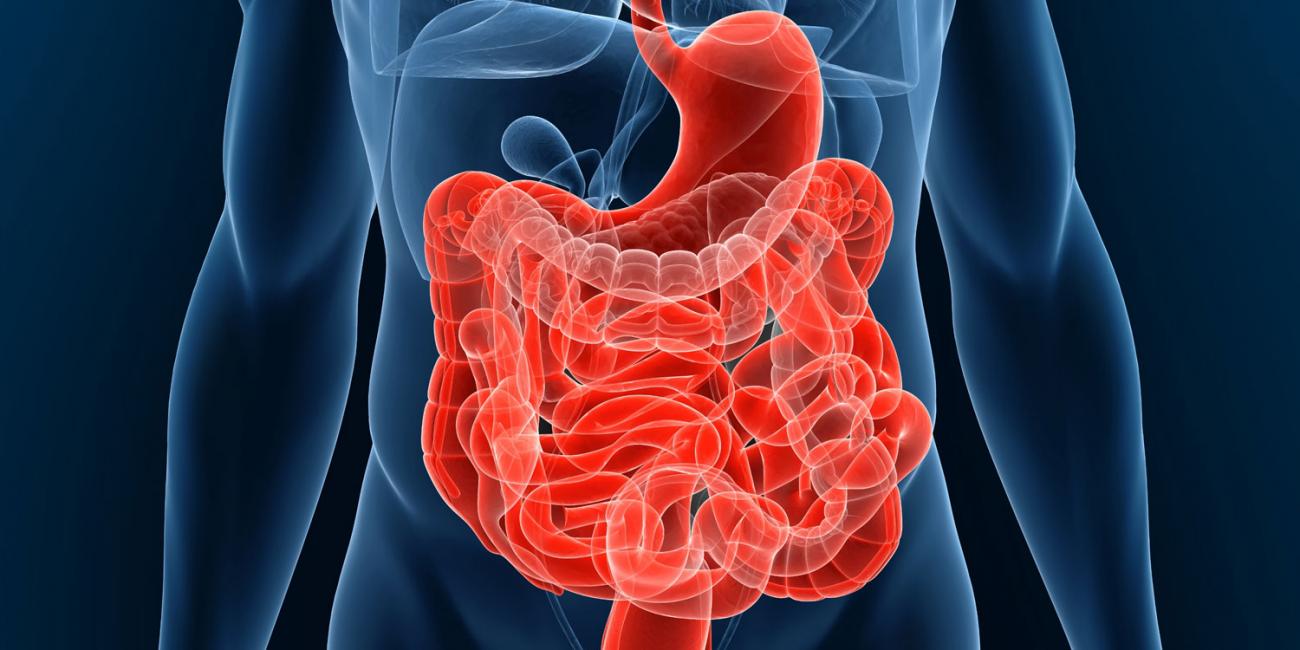Causes and Remedies of Constipation
Chronic constipation is a common digestive disorder that is characterized by infrequent bowel movements and difficulty passing stools that persists for several weeks or longer. When one has bowel movement less than 3 times a week, it is termed as constipation. Constipation is common and can affect any age group, hence you need to know the causes and remedies of constipation.
There are several potential causes of chronic constipation including:
1. a diet low in fiber
2. a lack of physical activity
3. certain medications
4. underlying medical conditions such as irritable bowel syndrome (IBS) or colon cancer.
5. Old age: Older people have a slower metabolism rate and are also less active, leading to frequent and persistent constipation.
6. Stress
7. Eating milk or cheese in large amounts.
Signs and symptoms of Constipation
1. Dried and hard stools
2. Having a feeling that your bowels are not fully emptied
3. Painful bowel movement.
4. Abdominal pain and /or bloating
5. Lethargy
6. Decreased appetite
See also: 10 Diets That Can Relieve Your Constipation [Nurses Diaries]
To treat constipation, it is important to identify and address the underlying cause. Some common. Knowing the causes and remedies of constipation is very necessary. Treatments for chronic constipation include:
1. Increasing fiber intake: Adding more fiber to your diet, such as fruits, vegetables, and whole grains, can help to bulk up stools and make them easier to pass.
2. Staying hydrated: Drinking plenty of water can help to prevent constipation by keeping stools soft and hydrated.
3. Getting regular exercise: Physical activity can help to stimulate bowel movements and improve digestion.
4. Using over-the-counter laxatives: Laxatives can help to stimulate bowel movements and make stools easier to pass. There are several types of laxatives available, including
Fibre supplements,stool softeners and stimulant laxatives.
It is important to follow the instructions on the label or prescriber and use laxatives only as directed.
If changes and over-the-counter remedies do not improve symptoms, it is important to consult with a doctor. They may recommend additional treatment options, such as prescription medications or other therapies.
By following these treatment recommendations, it is possible to manage chronic constipation and improve the quality of life. It is important to seek medical attention if constipation is accompanied by abdominal pain, rectal bleeding, or unexpected weight loss.
To be informed about relevant information:
